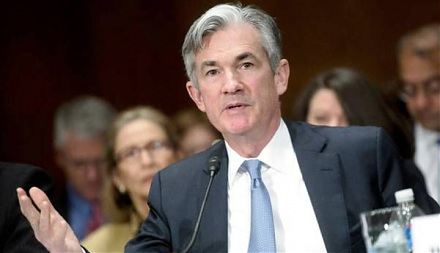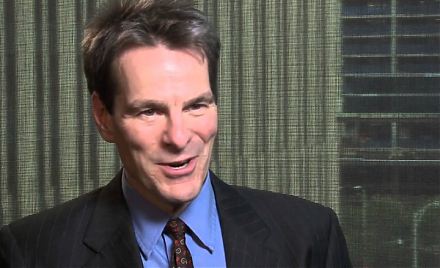

2019-04-23 19:45:00 Tue ET
technology antitrust competition bilateral trade free trade fair trade trade agreement trade surplus trade deficit multilateralism neoliberalism world trade organization regulation public utility current account compliance
Income and wealth concentration follows the ebbs and flows of the business cycle in America. Economic inequality not only grows among people, but it also grows among companies. A recent McKinsey study shows that only 10% of 5,750 public and private companies (each with over $1 billion in total revenue) account for 80% of their net profits. These top 10% superstar companies can create almost as much firm value as the bottom 10% companies destroy on an annual basis. The top 10% superstar wealth creation has grown 1.6 times in the past 20 years, whereas, the bottom 10% value erosion has risen only 1.5% in the same time frame. One major root cause of this wealth divergence is the corporate focus on key intangible assets and intellectual properties such as patents, trademarks, databases, robots, cloud services, and software solutions. These intangible assets thus serve as affordable competitive moats for the top 10% superstar companies. These top 10% superstar firms spend about 2 to 3 times more on R&D than their peers and hence account for 70% of all R&D expenditures in Corporate America as of early-2019.
However, the top 10% superstar companies are less likely to maintain their product market dominance because half of the superstar companies lose their competitive advantages over the course of one single real business cycle (or about 7-9 years). For this reason, tougher antitrust scrutiny may not be the panacea for addressing the economic implications of anti-competitive clout in tech titans (Apple, Amazon, Alibaba, Facebook, Google, Microsoft, Nvidia, and Twitter), big biotech bellwethers (Johnson & Johnson, Pfizer, Merck, Abbot, Amgen, and Bristol-Myers Squibb etc), and telecoms (Verizon, AT&T, Sprint, and T-Mobile etc). Weaker product market competition may help explain why U.S. productivity growth, capital investment, and wage growth continue to stagnate in recent years.
This dilemma often manifests in the 7%-8% increase in average markups over the marginal costs for more than 900,000 firms from 2000 to early-2019 in accordance with a recent IMF staff report. The higher markups significantly correlate with lower capital investment, subpar wage growth, and less disposable income for the typical U.S. household. In other words, these markups represent the inadvertent social price of market power. Overall, it is important for regulators to help promote greater market competition in several industries such as technology, energy, medicine, air transport, and telecommunication etc.
If any of our AYA Analytica financial health memos (FHM), blog posts, ebooks, newsletters, and notifications etc, or any other form of online content curation, involves potential copyright concerns, please feel free to contact us at service@ayafintech.network so that we can remove relevant content in response to any such request within a reasonable time frame.
2019-09-07 17:37:00 Saturday ET

Federal Reserve Chair Jerome Powell announces the monetary policy decision to lower the federal funds rate by a quarter point to 2%-2.25%. This interest rat
2018-04-26 07:37:00 Thursday ET

Credit supply growth drives business cycle fluctuations and often sows the seeds of their own subsequent destruction. The global financial crisis from 2008
2020-05-07 08:26:00 Thursday ET

Disruptive innovators often apply their 5 major pragmatic skills in new blue-ocean niche discovery and market share dominance. Jeff Dyer, Hal Gregersen,
2019-11-19 09:33:00 Tuesday ET

American unemployment declines to the 50-year historical low level of 3.5% with moderate job growth. Despite a sharp slowdown in U.S. services and utilities
2023-09-07 11:30:00 Thursday ET

Michael Woodford provides the theoretical foundations of monetary policy rules in ever more efficient financial markets. Michael Woodford (2003)
2019-08-02 17:39:00 Friday ET

The Phillips curve becomes the Phillips cloud with no inexorable trade-off between inflation and unemployment. Stanford finance professor John Cochrane disa